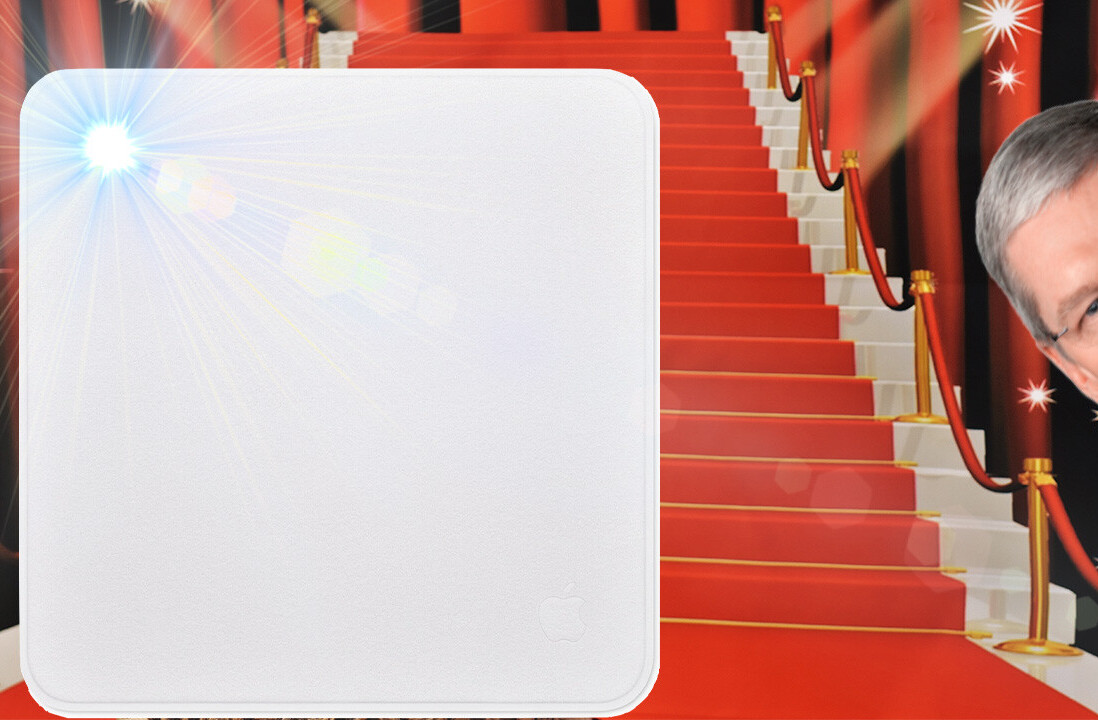
With the discontinuation of the low-end white MacBook and the agressive $999 pricing of the new MacBook Air, Apple has taken its most aggressive stance in the thin-and-light notebook category. This may pose some problems for manufacturers trying to produce competitive hardware using Intel’s Ultrabook specifications, reports Digitimes.
The Ultrabook specification was designed by Intel to move the notebook industry into the MacBook Air’s super-thin space. The specs call for the devices to adopt a non-replaceable battery, metal heat-dissapating chassis, solid state storage and soldered-in components in order to minimize size and weight. Thsi is very similiar to the way that MacBook Airs are constructed.
It’s also a significant departure from the modular design currently adopted by most manufacturers. This means that much of the manufacturing pipeline for Ultrabooks will have to use new methods, making them more expensive to produce than traditional laptops.
The reports from channel sources indicate that, unless Intel were to reduce the cost of its processors, which account for one third of the total cost of a potential Ultrabook, there is little chance that manufacturers like Asus or Lenovo will be able to offer Ultrabooks at or below the $999 price point that the MacBook Air currently sits at.
Apple has been pursuing a low cost version of its MacBook Air since it was introduced two years ago and the feature packed and bargain-priced versions of the Air that were announced late last month are the culmination of years worth of refinement and supply-chain sourcing.
The Ultrabook standard, by comparison, was only introduced at Computex earlier this year. Apple has a history of building a supply chain based on early investements in new manufacturing processes and highly favorable deals with suppliers that make it harder for its rivals to produce similar products at competitive price points.
If the Ultrabooks are to get off the ground, Intel may have to make some pricing concessions with its new Ivy Bridge processors, due up either later this year or in the first quarter of 2012. We probably won’t be seeing any Ultrabooks on the market until Q2, at which point Apple will most likely be nearing the release of its 4th generation MacBook Air.
If early Ultrabooks are unable to compete on price, its likely that sales will stagnate in the face of the rising popularity of the Air, which is now the best selling Mac. The real question is how long it will take for the supply chains and manufacturing processes of other makers to catch up to Apple’s beefy lead.
Get the TNW newsletter
Get the most important tech news in your inbox each week.





